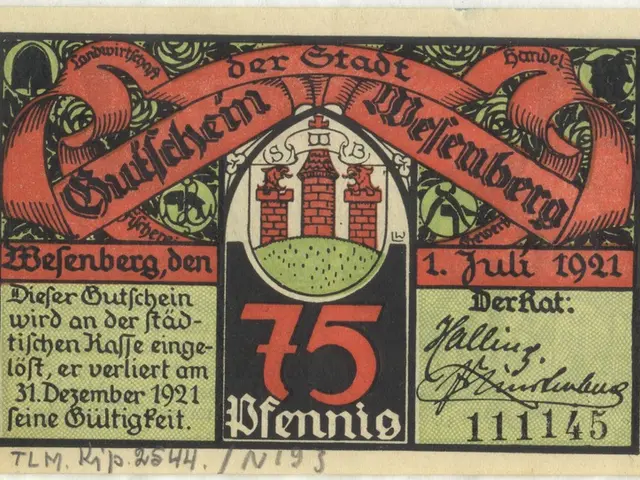Streamlining Border Controls: GdP Calls for Modern Tech Upgrades
Law Enforcement Union Advocates Improved Technology in Border Control Operations - Enhanced Border Technology Demanded by Police Union
The German Police Union (GdP) is pushing for cutting-edge technology to bolster border controls, pointing out the urgent need for resources such as drone technology, mobile checkpoints, and advanced vehicle detection systems. As per GdP Chairman Roßkopf, these tools would not only enhance the police force's efficiency but also alleviate overtime hours for reserve officers and mobile units.
Criticizing the current tendency of relying heavily on manpower, Roßkopf warned that these personnel-intensive controls are unsustainable in the long run. With modern technical measures, officers could better monitor green borders, reducing the strain placed on officers stationed far from controlled border crossings.
The GdP's appeal comes as European countries like the Netherlands and Romania move forward with advanced technological border strategies, leaving Germany behind. In 2018, the Federal Police Parliament tested such technology, but purchasing it was put on hold. Roßkopf emphasized the potential of technology to monitor vast, inaccessible border stretches, making our borders safer and more secure.
Roßkopf also supports measures that aid in migration management and reducing illegal immigration, provided that the burden on the Federal Police is reasonable. However, he wonders how long the present high-performance levels can be maintained. Tightened border controls could have significant implications for cross-border traffic, particularly holidaymakers who may encounter longer waiting times due to increased checks.
Although minimizing disruptions to traffic is the top priority, Roßkopf acknowledges that stricter border controls will naturally lead to traffic delays. The new Federal Minister of the Interior, Alexander Dobrindt, announced these tighter border controls in an attempt to curtail refugee numbers. With more federal police officers stationed at the border and asylum seekers being turned away, Roßkopf anticipates changed traffic patterns affecting motorists.
As the demand for enhanced border security grows amidst increased political pressures, the union argues that modern tools and technology are essential for supporting our police force in the face of rising challenges. [1][3]
- European Union
- Advanced Technology
- Border Control
- German Police Union
- Federal Police
- Germany
- GdP Chairman
- European Integration and Home Affairs Commissioner, Ylva Johansson's reforms for Frontex
- Alternative for Germany (AfD) party
Insights:
- Efficiency and Safety: Advanced technology can lead to safer and more efficient border operations by providing effective monitoring, real-time data, and improved response times.
- Migration Management: Modern techniques help in controlling and managing migration by identifying undocumented migrants and aligning with the government's efforts to reduce illegal migration.
- Political Pressure: With growing anti-immigration sentiments and the influence of the AfD party, there is increased political pressure to implement stronger border controls.
- European Standing: The European Union is also inculcating strategies to enhance border security, with reforms aimed at fortifying Frontex. This trend suggests a continued focus on technological advancement and border security cooperation among European nations.
- The German Police Union (GdP) advocates for modern technology in vocational training, such as drone technology, mobile checkpoints, and advanced vehicle detection systems, to streamline border controls and improve the efficiency of officers, including reserve officers and mobile units, under the leadership of GdP Chairman Roßkopf.
- Roßkopf suggests that these modern techniques, if implemented, would allow officers to closely monitor green borders and reduce the strain on officers stationed far from controlled border crossings, offering a sustainable solution to the current personnel-intensive controls.
- Roßkopf emphasizes the potential of technology to help in managing migration and reducing illegal immigration, but also acknowledges its implications on cross-border traffic, including longer waiting times for holidaymakers due to increased checks, in this era of rising political pressures and stronger border controls advocated by the new Federal Minister of the Interior, Alexander Dobrindt.








